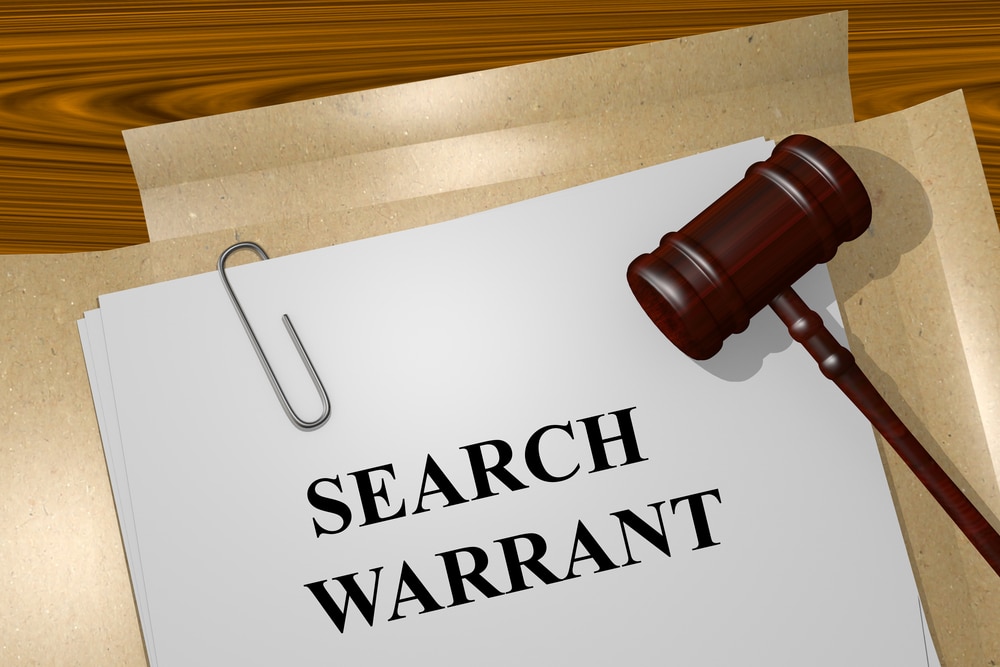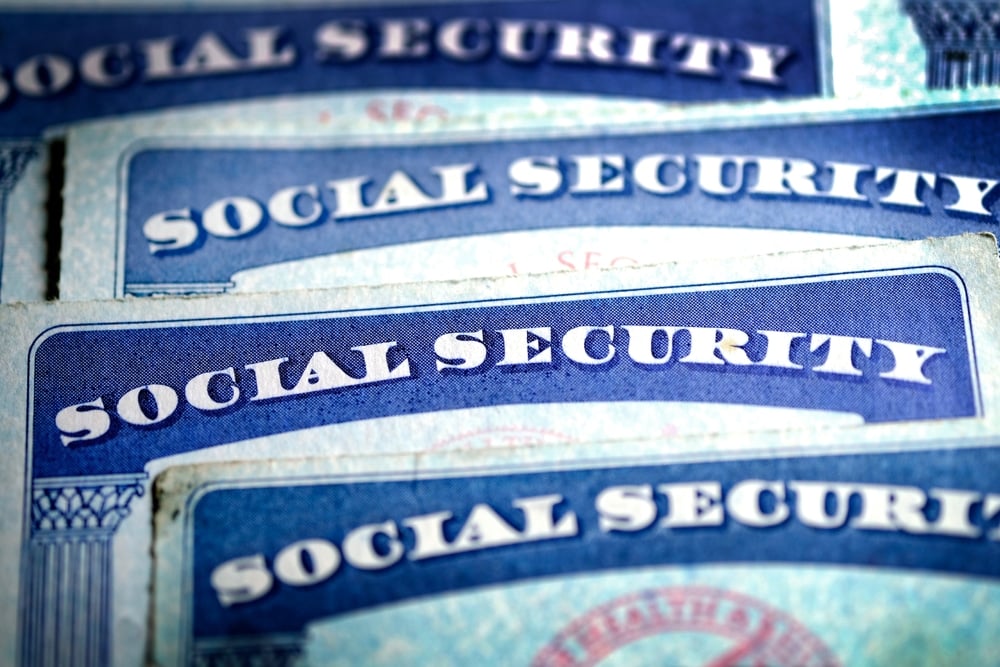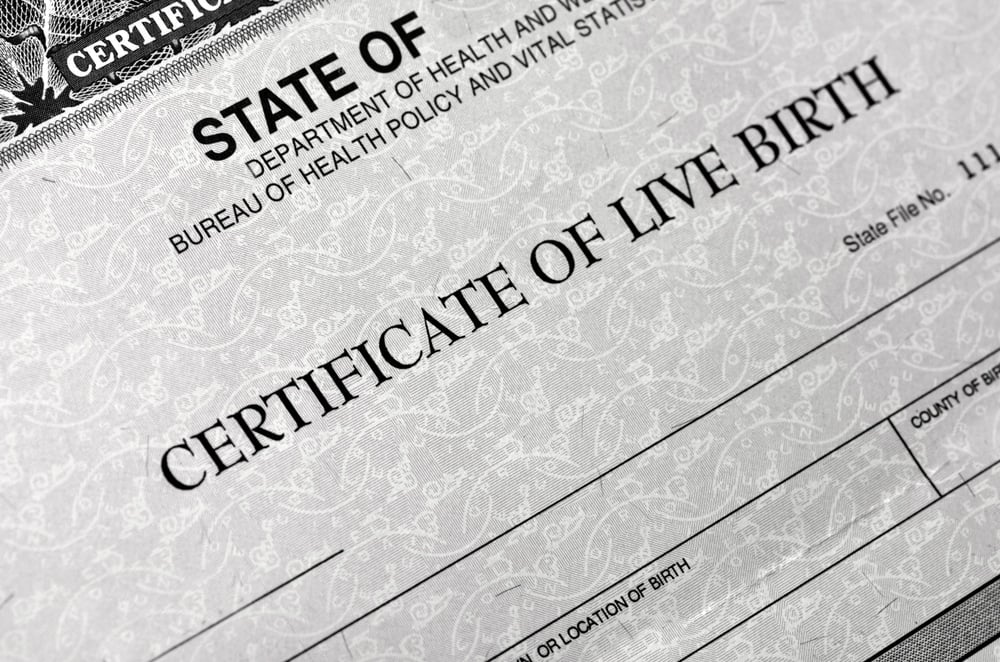Federal Warrant Search: Your Complete Informational Guide
Cindy Ellis - March 28, 2023

Federal warrants are not something to dismiss, and wondering whether or not a federal warrant is issued in your name can be stressful. If you suspect you or someone you care about has received a federal warrant, you may be looking for the best way to track down this information.
Our guide will give you more details on federal warrants, how you might be able to tell if a federal warrant has been issued for you, how to run a federal warrant search, and what the best next steps might be for your situation. Read on for all of the federal warrant search information you need to know.
Understanding Federal Warrants
Federal warrants are arrest warrants issued by a federal law enforcement agency on behalf of the federal government. The FBI, DEA, and ATF are all examples of agencies that locate individuals suspected of federal crimes and pursue the case, investigating the individual.
Once members of these agencies gather enough evidence to charge and arrest an individual they suspect, they take their evidence to a federal judge who issues a federal arrest warrant. For example, U.S. Marshals carry out federal arrest warrants and will find the suspect in a crime, taking them into custody for criminal proceedings to begin.
Because federal law enforcement agencies often work with incredible secrecy and follow cases for months or even years, individuals who suspect they are being investigated may not know about their federal warrant until they are being arrested. This is also part of what makes federal warrants so nerve-wracking, as many individuals will suspect or fear that they are being watched without any evidence to prove it until the moment they are arrested.
How Can I Tell if I Have a Federal Warrant?
It is incredibly difficult to tell whether or not there is a federal warrant issued for you or someone you care about due to the secrecy with which federal law enforcement agencies work. Many people don’t know about a federal warrant, though they may suspect they are being investigated, until the very last minute when U.S. Marshals arrive to arrest them. Unfortunately, there is no clear-cut way to run a federal warrant search if you’re a civilian.
However, signs that a federal warrant has been issued for you include:
- Close friends or relatives being contacted by federal agents or arrested
- U.S. Marshals arriving at your home or place of employment, even if you aren’t there – someone who was at the location may have informed you of this occurrence
- You’ve received a letter from a federal court notifying you of a federal arrest warrant
In general, it can be hard to tell if you have a federal warrant without any of the above signs. However, if you suspect that you are being investigated on a federal level, you may want to go ahead and reach out to a federal defense attorney for information on your next steps.
Can You Search the U.S. Marshals’ Database?
Though some arrest warrants are searchable and may be considered public record, federal warrants are generally not in this category. This is because federal investigations are often highly secretive and don’t make databases of arrest warrants publicly accessible – this would impede investigations and cause issues when it comes to arresting suspects or subtly conducting investigations.
Federal warrant records are kept on file by the U.S. Marshals Service with the Warrant Information System (WIN). This database contains information on federal warrants, related court records, and any internal documentation that accompanies warrants and their cases.
Though, because all of this information is highly sensitive and integral to federal law enforcement investigations, it is not available to the public. You cannot search the U.S. Marshals’ database for any information on federal warrants; only authorized individuals can access this information.
What Should I Do if I Have a Federal Arrest Warrant?
If you suspect you have a federal arrest warrant, you should contact a federal defense lawyer. They can provide you with legal advice and help you understand what your next steps should be. You should make an effort to contact a federal defense lawyer as soon as you suspect that you are under federal investigation because the earlier you speak with a lawyer, the better your chances are of being released on bail and spending less time in custody.
Your federal defense lawyer will reach out to the U.S. Marshals Service on your behalf and arrange a time for you to turn yourself in – this demonstrates that you are not a “flight risk” and also improves your chances of bail. Your lawyer will also be able to start scheduling hearings and helping you prepare your case, all of which give you the best chance of expediting the criminal proceedings process and spending as little time in custody or dealing with the general chaos of arrest as possible.
Make sure that you select a federal defense attorney that has clear communication skills, protects your rights, and is the best fit for your situation. All of this will ensure that you have the best chances of success when it comes to requesting bail and dealing with whatever criminal proceedings are being leveled against you.
Federal Warrants Versus State Warrants
Though many people use the term ‘arrest warrant’ interchangeably, there is a difference between federal arrest warrants and state arrest warrants. The most notable difference is that federal warrants are carried about by U.S. Marshals and typically involve the investigations of other federal law enforcement agencies such as the FBI, DEA, and ATF. The crimes for which federal warrants are issued tend to be more serious and are tried on a federal level.
Alternatively, state arrest warrants may be issued by state law enforcement agencies, or they may be issued at a county level. Law enforcement professionals local to the state will carry out these arrest warrants, and depending on the type of warrant and specific state regulations, these warrants may be accessible to view via public records databases.
How to Find Out if You Have a State Warrant
You can find out if you have a state warrant by checking the case records of your state’s judicial records website. Most states provide online portals to research warrants for yourself or another individual. You may also be able to complete public record checks via online tools, speak to a bail bondsman, or contact an attorney to find out about the status of potential warrants.
What Should I Do if I Have a State Arrest Warrant?
If you suspect that you have a state arrest warrant, your next step should be contacting a defense attorney. An attorney will be able to guide you through the next steps of your warrant, including arranging a time to turn yourself in, helping you with requesting bail, and assisting you during any subsequent criminal proceedings.
Arrest Warrant FAQs
The following frequently asked questions about arrest warrants may help you understand more about how these items affect your record in the long term.
Will Arrest Warrants Show on My Record?
Depending on your specific state’s regulations, state warrants may or may not show on your criminal record. Most states keep warrants hidden from public records until they are connected to a criminal conviction. The same is true with federal warrants, which are typically kept secret until an arrest is carried out. Once an individual has been arrested, this information will likely show up during a public or criminal history record search.
How Can I Check My Criminal Record?
Can Warrants Be Removed From Criminal Records?
If a warrant does appear on your record, it may be able to be removed in certain circumstances. Generally, this requires the criminal charges associated with the warrant and arrest record to be expunged from your records altogether. All information associated with the now-sealed criminal charges will be removed from your record.
If you want to check your criminal record to see if there are any warrants or other arrest record information on it, you can conduct an online background check search. This can be done easily with online tools that compile publicly available information and return it to you in an easy-to-read report.
Do I Need a Lawyer if I Have an Arrest Warrant?
In most cases, if you have an arrest warrant issued in your name, you will need to contact a defense attorney right away. Speaking with a lawyer early on will help you with things like requesting bail, turning yourself in safely, and securing deals that result in as little time in custody as possible, depending on your situation.
Staying Informed of Warrants
Staying informed of warrants isn’t always the easiest thing, especially when running a federal warrant search is nearly impossible. If you suspect that a federal or state warrant is issued in your name, you can try running a people search on yourself through Information.com to find out more about possible convictions, and you should contact a defense attorney right away for expert advice on your next steps.






